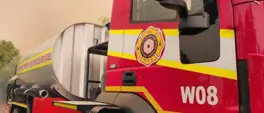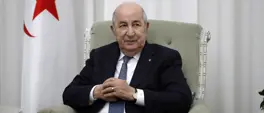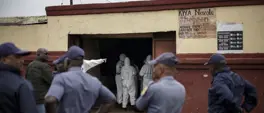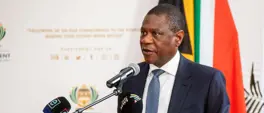Government boosts land reform funding, but 2 million hectares remain unreleased
Amy Fraser
13 August 2024 | 12:22The South African government has accumulated over 2 million hectares of land, which remains unreleased to beneficiaries with title deeds or long-term tradable leases.
John Maytham interviews Wandile Sihlobo, Agricultural Economist.
Listen below.
In his address during the opening Parliament, President Cyril Ramaphosa announced that the government will boost funding for land reform, prioritise the transfer of state land, and enhance post-settlement support by strengthening the capabilities of the responsible institutions.
However, Sihlobo points out that the South African government has accumulated over 2 million hectares of land, which remains unreleased to beneficiaries with title deeds or long-term tradable leases.
These largely underutilised government-owned farms, obtained through the proactive land acquisition strategy, are currently held in the government's landholding account.
"This is a challenge."
- Wandile Sihlobo, Agricultural Economist
"When you consider the bigger picture of South Africa – problems of poverty, unemployment and the potential that agriculture could contribute – you would assume that we could utilise and really put in capacity any available resources."
- Wandile Sihlobo, Agricultural Economist
Sihlobo argues that under the current Government of National Unity, the priority should be on maximising the potential of the land, which he estimates to be worth around R12 billion.
He suggests that the government explore strategies to fully utilise the land's productive capacity and then transfer what is feasible, in order to attract capital investment.
Scroll up to the audio player to listen to the interview.
Get the whole picture 💡
Take a look at the topic timeline for all related articles.















